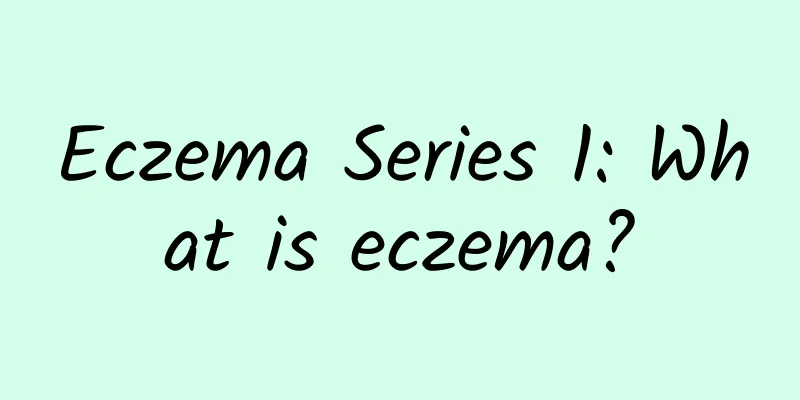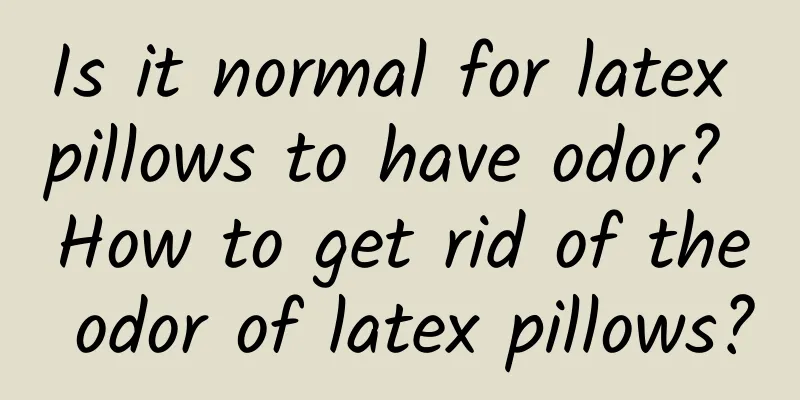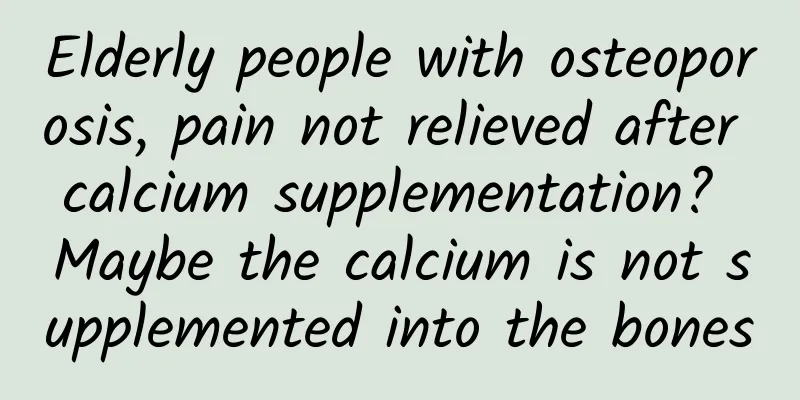Eczema Series 1: What is eczema?

|
This is the 5110th article of Da Yi Xiao Hu Everyone has heard of eczema, especially patients who come to the dermatology clinic. When many people enter the clinic, the first thing they ask the doctor is "Doctor, do I have eczema?" So, what exactly is eczema? Next, let us slowly unveil the mystery of eczema for everyone. 01 Eczema, what is it? Eczema, known as wet sores in traditional Chinese medicine, is an inflammatory skin disease with exudative tendency caused by a variety of internal and external factors. Its clinical characteristics are polymorphic lesions, symmetrical distribution, exudative tendency, conscious itching, repeated attacks, and easy to become chronic. It is a disease that traditional Chinese medicine has certain advantages and characteristics in treating. 02 Eczema classification and manifestations Acute eczema The manifestations are varied, including skin flushing, papules, blisters, erosions, exudation, crusts, and desquamation, often with multiple forms coexisting. The onset is relatively acute, with a burning sensation on the skin and often severe itching. The lesions are often symmetrically distributed. In severe cases, they can spread throughout the body, with varying degrees of severity and repeated failure to heal. Subacute eczema The rash has less exudation, mainly papules, papulovesicles, scabs, and scales. There is a mild erosion surface, the color is dark red, and it is often accompanied by obvious itching. Chronic eczema It is usually confined to a certain part, with clear boundaries, obvious hypertrophic infiltration, rough surface, or lichenification, brown-red or brown in color, often accompanied by papules, scabs, and scratches. It often recurs, sometimes mild and sometimes severe, with paroxysmal itching. 03 How to choose topical medications for eczema The principle of using topical drugs for eczema is to choose according to the needs and to select the right type of topical preparations according to the different types of rashes. Acute eczema with heavy exudation It is suitable to choose solutions for wet compresses, including boric acid solution, skin clearing and itching relieving granules and other Chinese medicine solution wet compresses. Acute eczema, when there is no exudation or little exudation Choose powder, lotion, cream, ointment or gel for external use. Chronic eczema Ointments and plasters are preferred for external use, but creams, emulsions, gels, etc. can also be used. 04 Can topical hormone ointment be used for eczema? Topical glucocorticoid ointment is the first-line drug for the treatment of eczema. Therefore, for eczema, especially localized eczema, the use of appropriate topical hormone ointment can significantly improve the itching and local inflammation of the rash. However, glucocorticoid ointments belong to a large family with many members, and their roles and functions are different. The most important thing is to choose the right members and use them correctly. So what are the differences between different glucocorticoid ointments? According to the skin vasoconstriction test, the strength of glucocorticoids can be divided into four categories: super strong, strong, medium and weak. Eczema of different nature, severity and itching degree requires the selection of hormone ointments of different strengths. If the eczema is severe, with hypertrophy, keratosis, or lichenification, super-potent or strong hormones should be used, such as 0.05% halometasone cream or 0.05% clobetasol propionate gel. For mild skin lesions and tender skin areas, weak or medium-acting hormones are preferred, such as 0.05% desonide ointment. 05 What should I pay attention to when using topical hormone ointment for eczema Not suitable for long-term or large-area use Super-potent and high-potency hormones should not be used continuously for more than 2-3 weeks; medium-potency hormones should not be used continuously for more than 4-6 weeks. Overcoming Hormone Fear Under the guidance of a professional dermatologist, short-term, standardized use of hormone ointments is safe. Author: Yueyang Hospital of Integrated Traditional Chinese and Western Medicine affiliated to Shanghai University of Traditional Chinese Medicine Guo Wanjun, Li Fulun |
>>: Warning: Lidocaine topical anesthesia can also lead to local anesthetic poisoning!
Recommend
What to do if there are large blood clots during menstruation
Menstruation is a physiological period that every...
What causes vaginal pimples in women?
A woman's vagina should be smooth and wrinkle...
How much progesterone indicates pregnancy?
Many women will secrete progesterone after pregna...
How long after sex can I use a pregnancy test to detect pregnancy
For women who are actively preparing for pregnanc...
Is it okay to not remove the IUD after 30 years?
For the sake of convenience, many women use contr...
Brown discharge after 13 days of medical abortion
There are two ways of abortion: medical abortion ...
20 early signs of cancer, check yourself now!
In the past, people had the impression that cance...
How to care for women's private parts
Women should pay attention to their physical heal...
Can the roots of the tiger skin orchid be planted alive if they are broken? How can the roots of the tiger skin orchid be planted again if they are broken?
Sansevieria has the effect of purifying indoor ai...
Does delayed menstruation mean pregnancy?
After pregnancy, menstruation will no longer occu...
Chronic atrophic gastritis, relieving symptoms, reducing the risk of worsening, and things to note when taking medication
A friend asked Huazi how to treat chronic atrophi...
Is it normal for vaginal discharge to be a little yellow?
Leucorrhea is a special fluid secreted by the fem...
[Medical Q&A] Why is varicocele more likely to occur on the left side?
Planner: Chinese Medical Association Reviewer: Zh...
How to treat dampness in women's body and what to eat
Women cannot have internal moisture in their bodi...
Will the amount of vaginal discharge increase if the fetus stops
Women should pay special attention in the early s...









